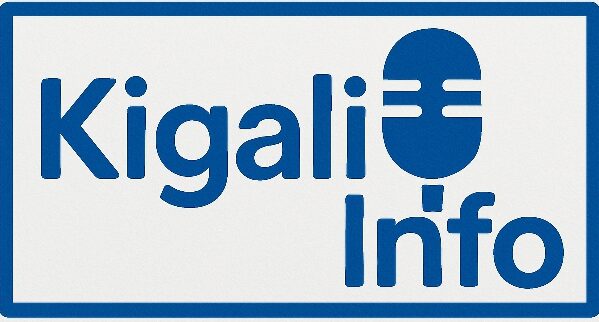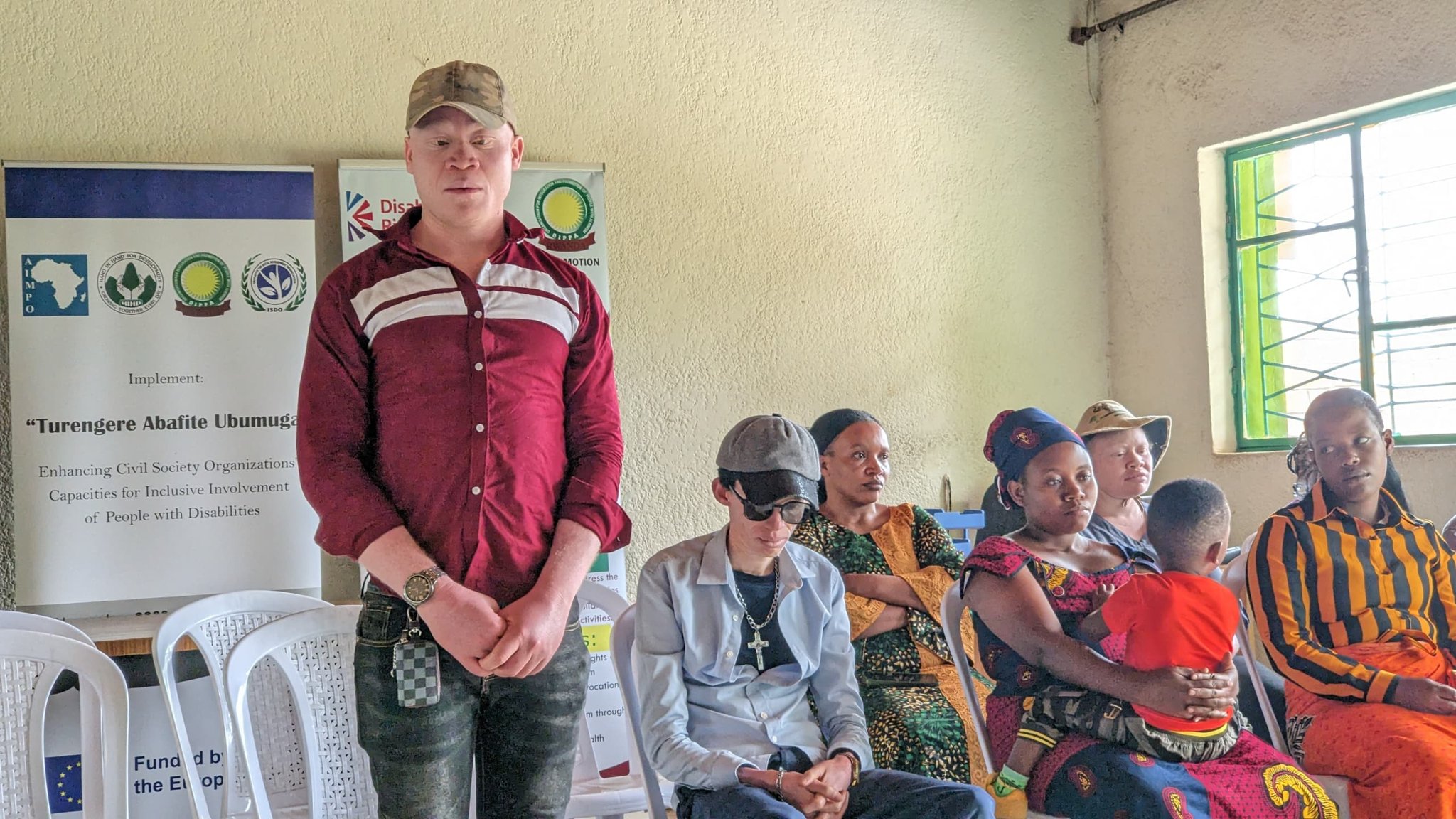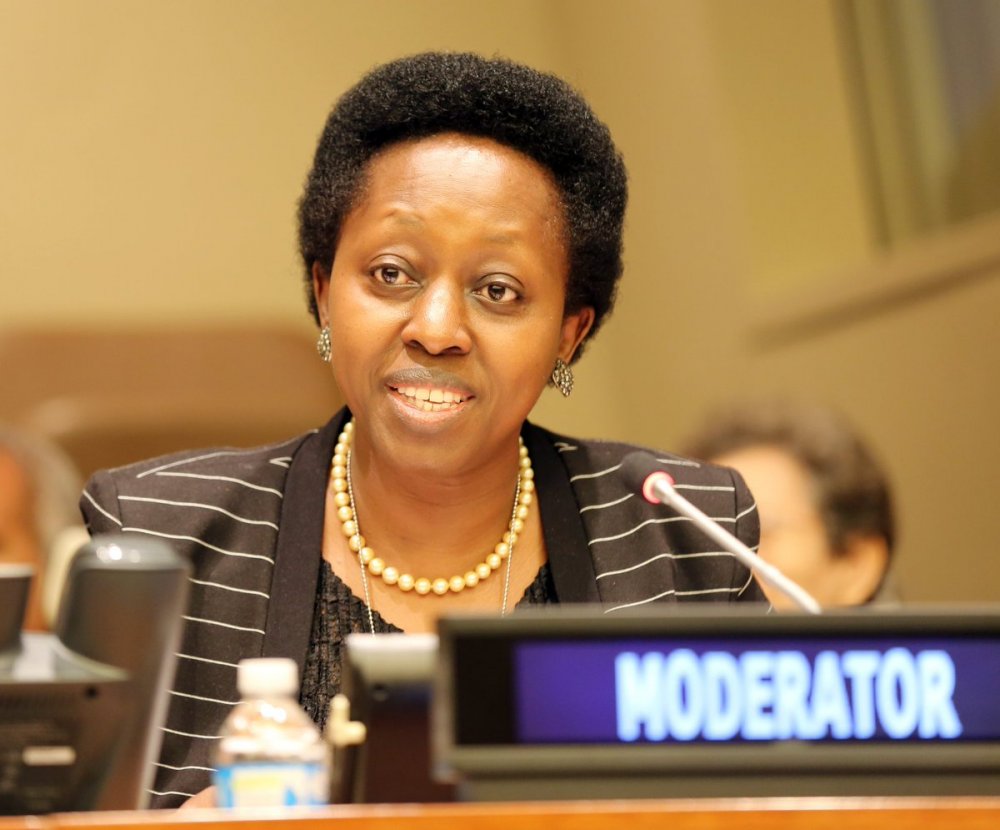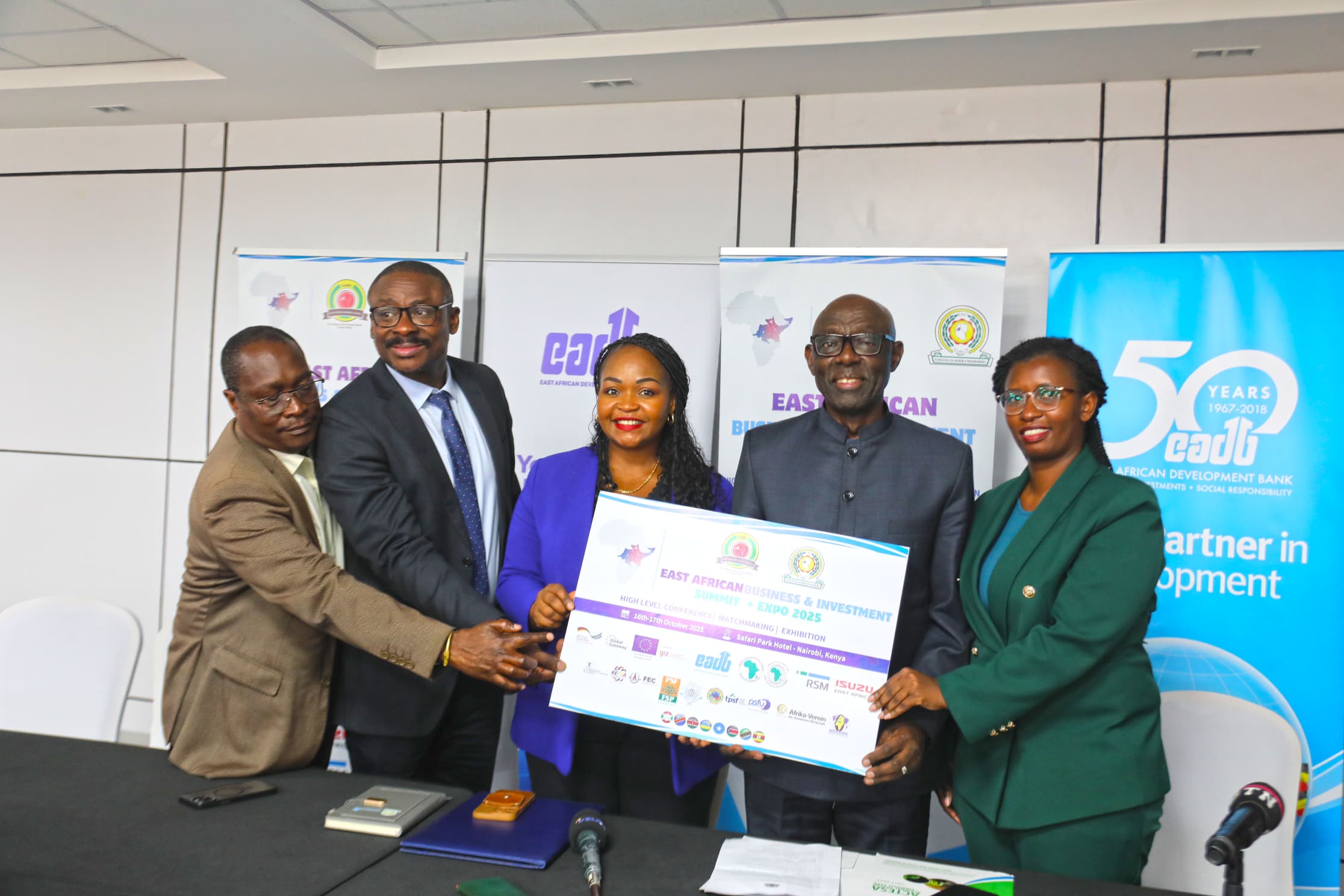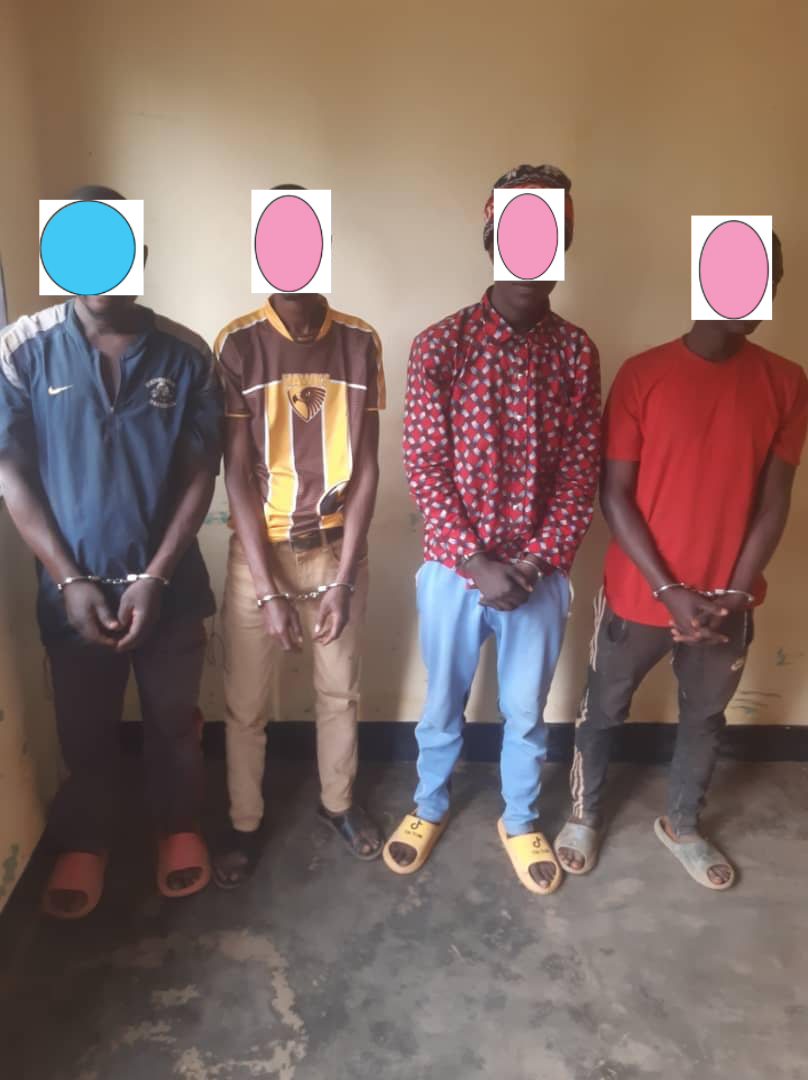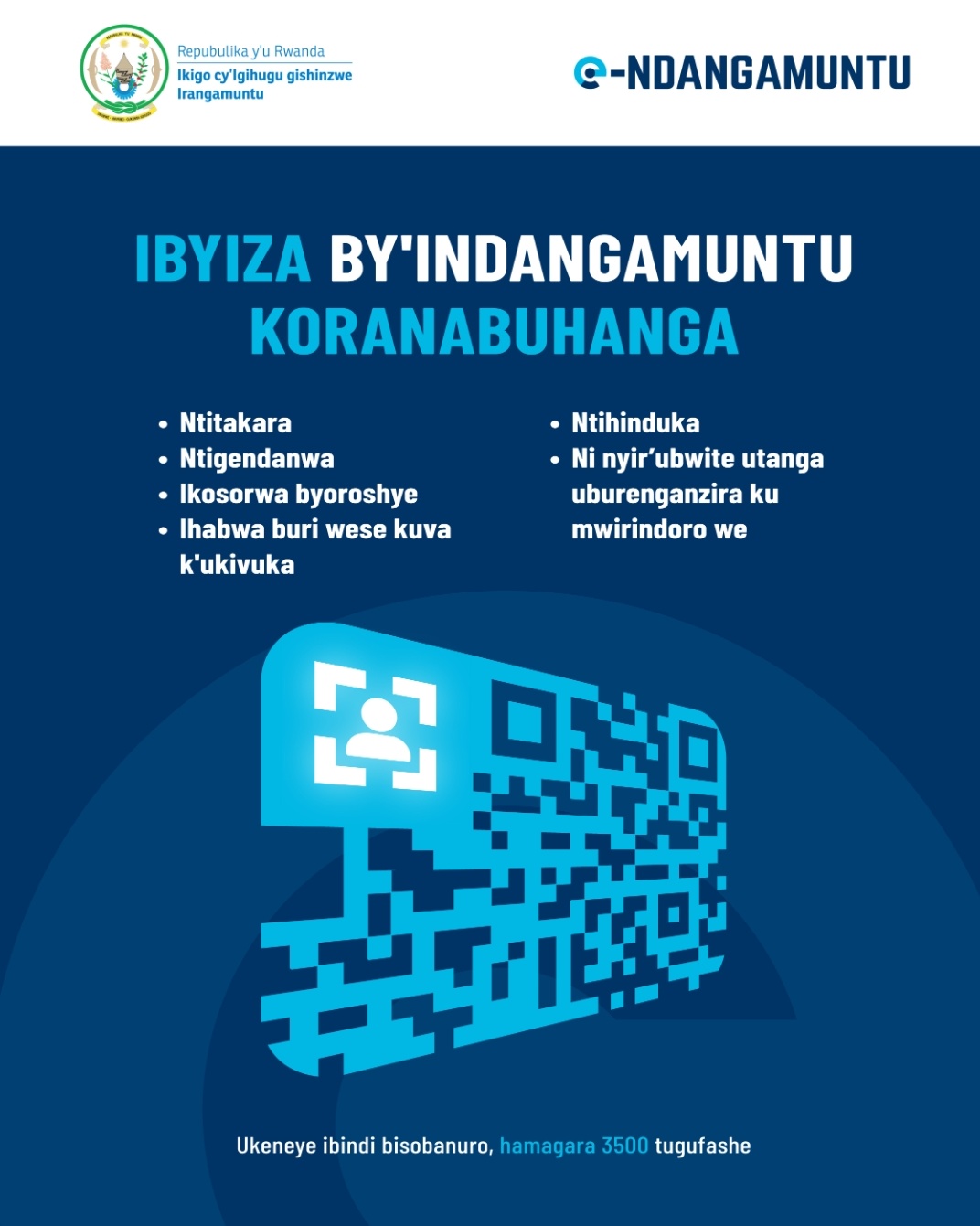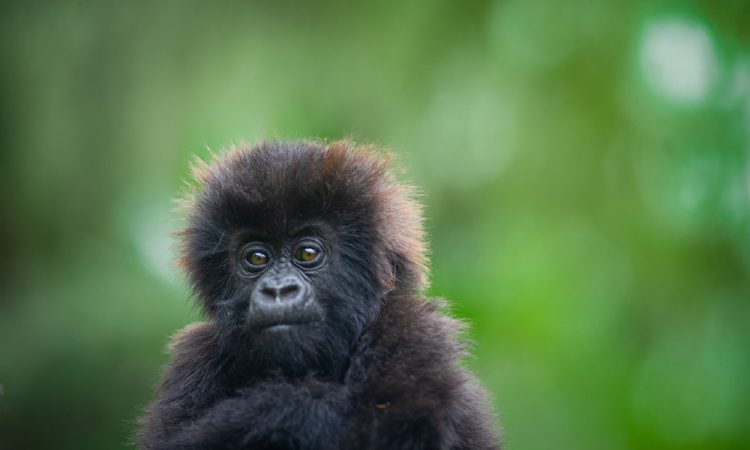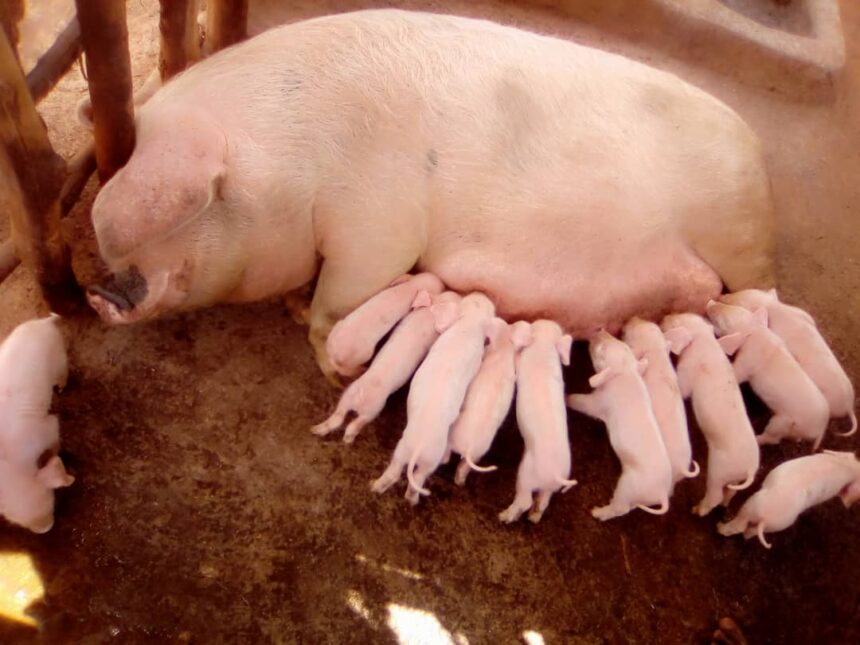
Citizens have fought malnutrition and improved their livelihoods significantly, thanks to a project called PRISM which involves raising small livestock, selling them, processing meat according to standards, and consuming products derived from them. 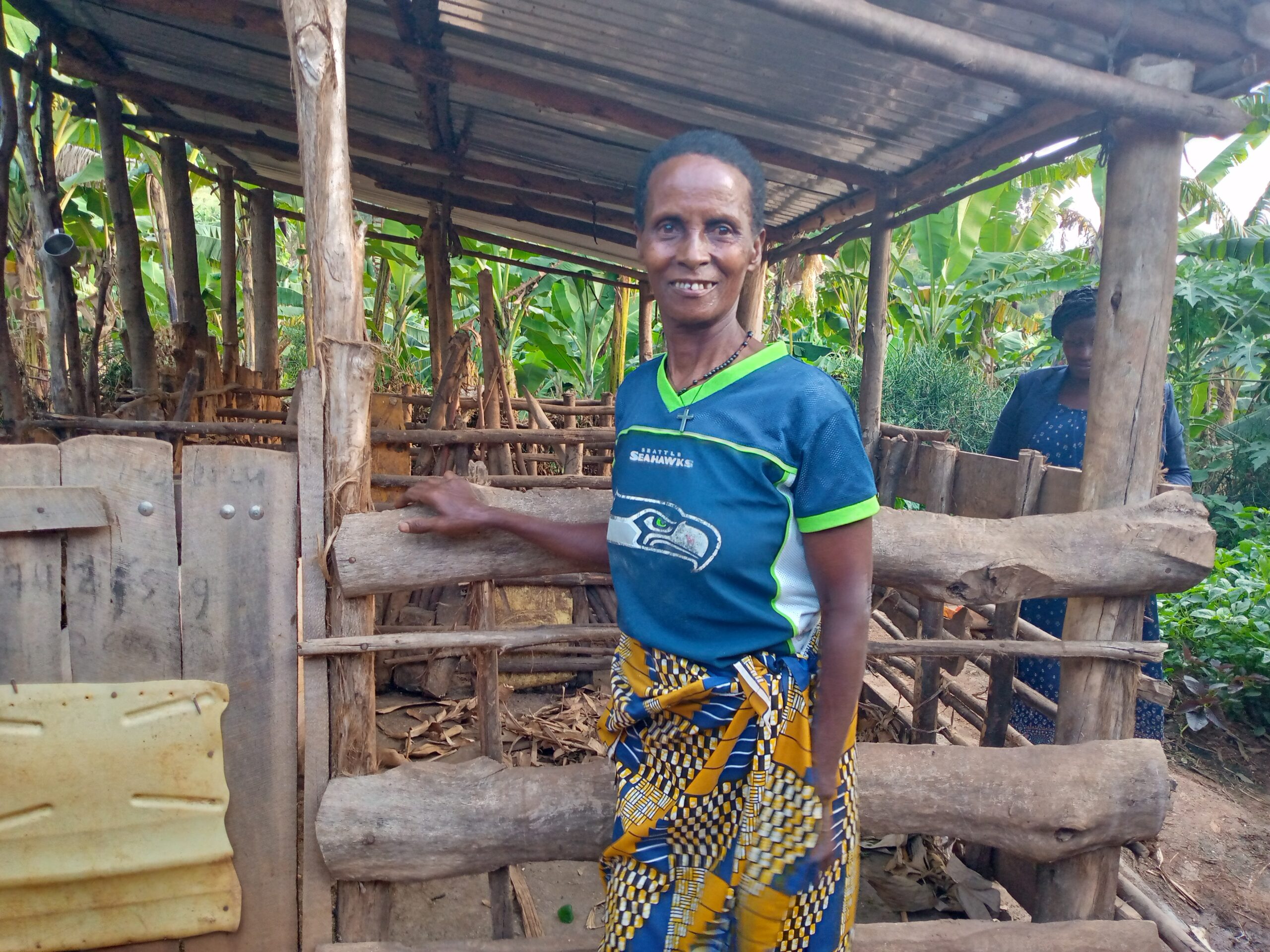
Dahlia’s Story
Dahlia, 68, says she feels strong and energetic despite her age because she eats a balanced diet, including vegetables grown in her backyard, beans, and rice from her fields, which she fertilizes using manure and funds obtained from a pig she received in December 2023.
Dahlia, a resident of Rwintare village, Mbogo cell, Gikonko sector in Gisagara District, says her pig gave birth to eight piglets the first time, 12 the second time, and another 12 the third time. She gave two piglets to a neighbor to reciprocate the support she received, as the project guidelines suggest.
She sells each piglet for no less than 25,000 Rwandan Francs (Frw), earning at least 250,000 Frw every three months from the pig provided by PRISM, a project of the Ministry of Agriculture and Animal Resources (MINAGRI) in partnership with the International Fund for Agriculture Development (IFAD) among others.
This amount excludes the money she earns from selling manure and using it on her farms.
Dahlia says, “I used to be an ordinary farmer who would raise a pig and sell it immediately. But now, my bean harvest has increased from 30 kilograms to at least 100 kilograms per season.”
Over the year she has kept the pig, she has cemented her house floor and replaced her old roof with new iron sheets.
Jean Bosco’s Journey
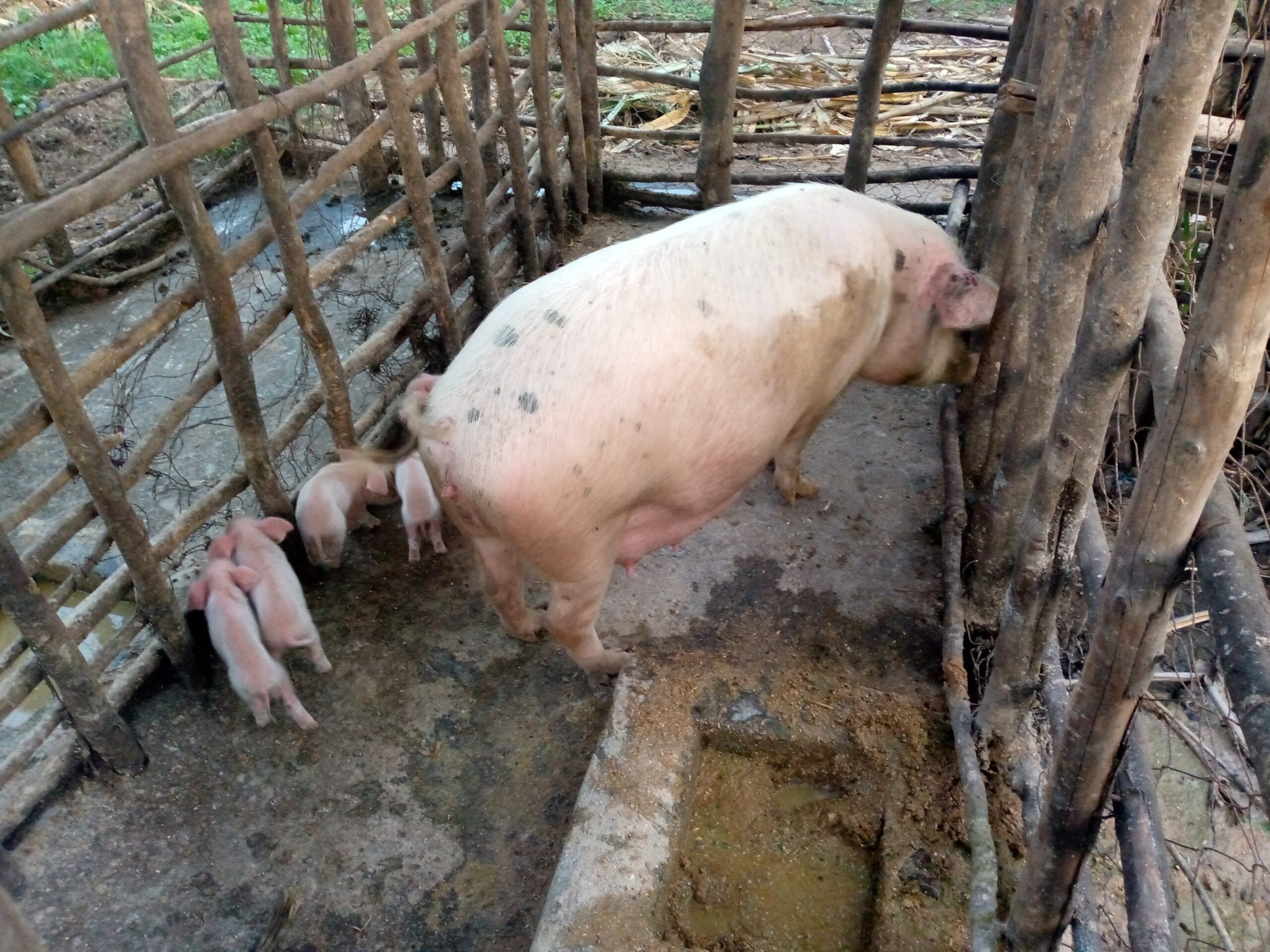
Jean Bosco Ntambara, a 30-year-old neighbor in Rwatano village, also benefited from the project. In March 2023, he and his wife received two pigs.
Applying farming and entrepreneurship skills they were taught, the couple used proceeds from selling piglets to start a film screening business, earning at least 1,500 Frw daily, and to engage in avocado trade and professional farming. Jean Bosco now harvests a ton of maize from fields that previously yielded less than 300 kilograms due to lack of fertilizer.
Manishimwe and Nteziryayo’s Progress
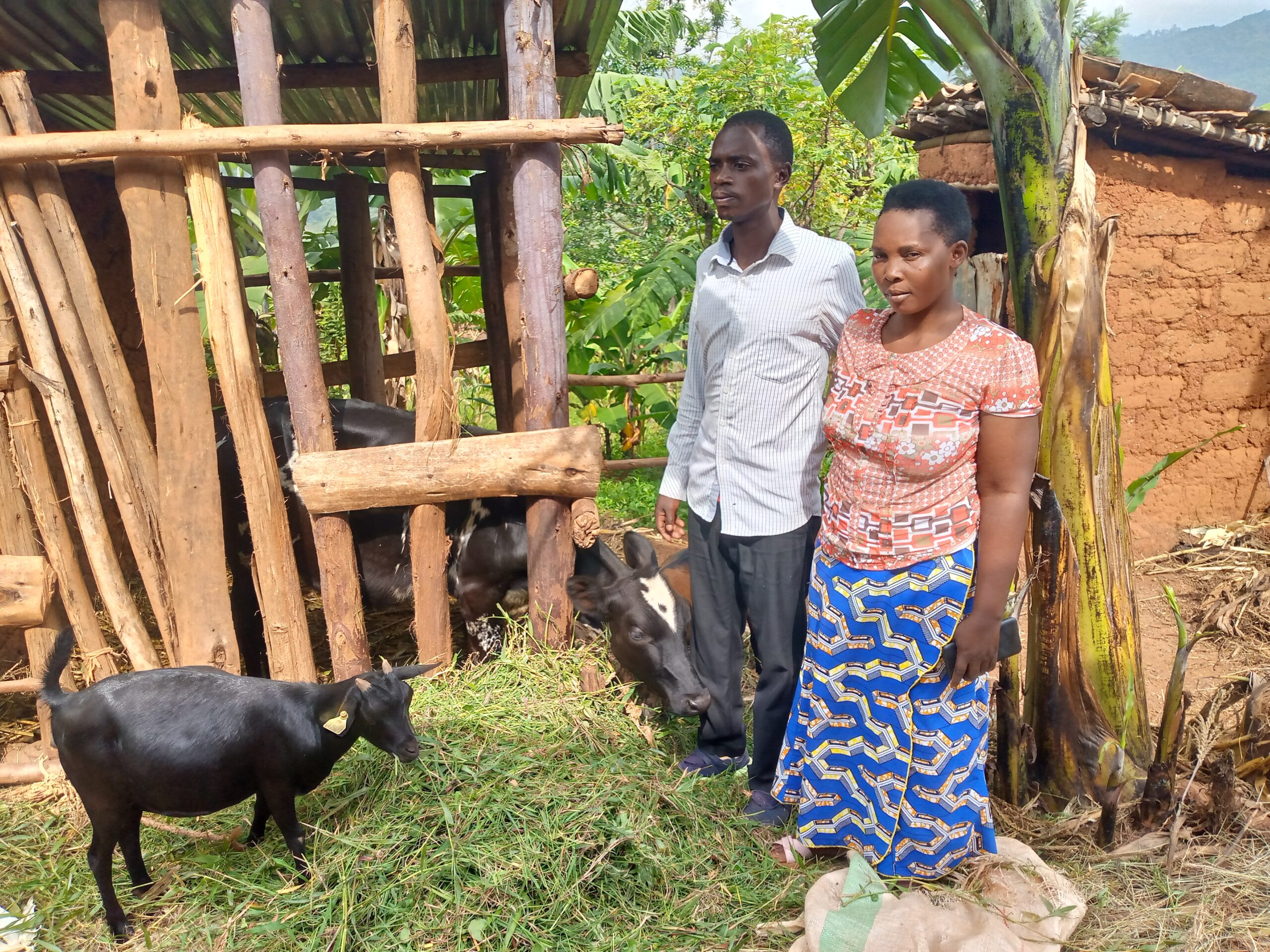
Manishimwe Alice, 29, and her husband Nteziryayo, 30, received 10 chickens in August 2024. They were trained in gender equity and goal-setting through the Gender Action Learning System (GALS).
From the chickens, they have acquired land worth over 1 million Frw, one cow, two pigs, two goats, and 15 more chickens. Their farms now produce 300 kilograms of beans and 400 kilograms of maize, compared to less than 70 kilograms before using fertilizer from the livestock.
Selling three roosters at 15,000 Frw each enabled them to buy a boar, which services neighboring sows. They now have 35 piglets, each sold for at least 30,000 Frw. These funds allowed them to purchase land and a cow, continuing their progress with poultry farming.
They plan to fence their home and expand their farming operations, harvesting multiple tons thanks to the manure from their livestock.
Collaborative Livestock Projects
In Akasemabondi village, Nyanza sector, Gisagara District, 39 residents built a chicken coop with 450 chicks to ensure sustainable livestock farming after PRISM concludes its activities.
The Advantages of Small Livestock
PRISM community advisor Marie Grâce Kayitesi explains that small livestock like pigs are more profitable than cows. For instance, Narayisabye Sarah, who received one pig, earned 1 million Frw within six months.
Kayitesi notes, “Small livestock require less space and are easier to manage. Unlike cows, which take longer to produce returns, pigs can generate substantial income within a short period.”
PRISM’s Impact
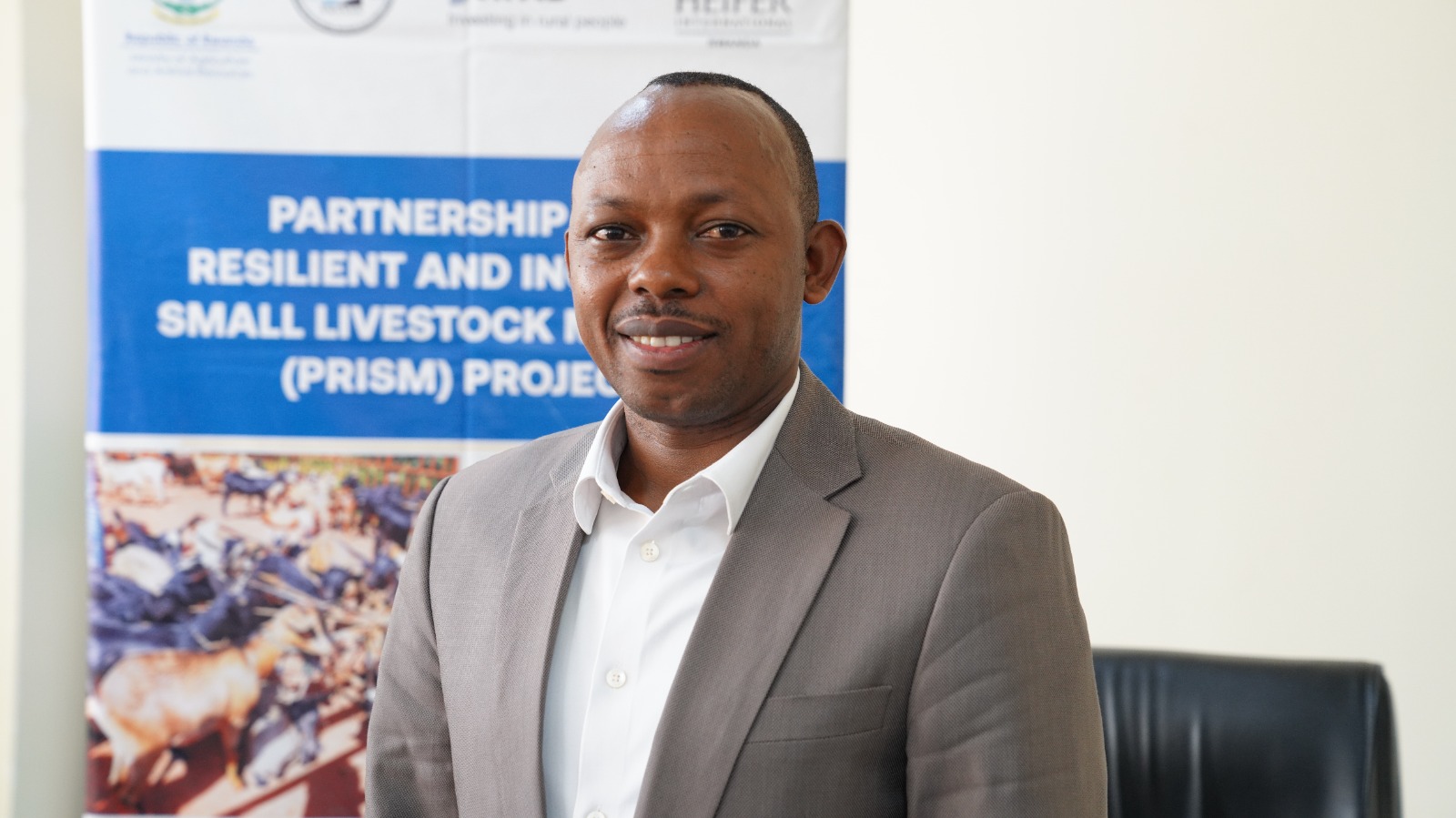
The PRISM project, implemented by the Rwanda Agriculture and Animal Resources Development Board (RAB) since 2021, aims to improve the well-being of low-income households. It provides chickens, goats, sheep, and pigs, along with support for building shelters, kitchen gardens, and water tanks.
By the end of its five-year timeline in 2026, PRISM plans to lift 26,355 families out of poverty and combat malnutrition. So far, it has provided chickens to 15,984 families, goats and sheep to others, and pigs to 6,651 families. The initiative has indirectly reached over 28,000 households through reciprocal livestock distribution.
PRISM beneficiaries report increased harvests due to organic manure, improved nutrition, and better living standards, with many acquiring furniture, mattresses, and even starting new businesses.
The project also supports the construction of livestock clinics, markets, and slaughterhouses across 15 districts in Southern, Western, and Northern Rwanda.
